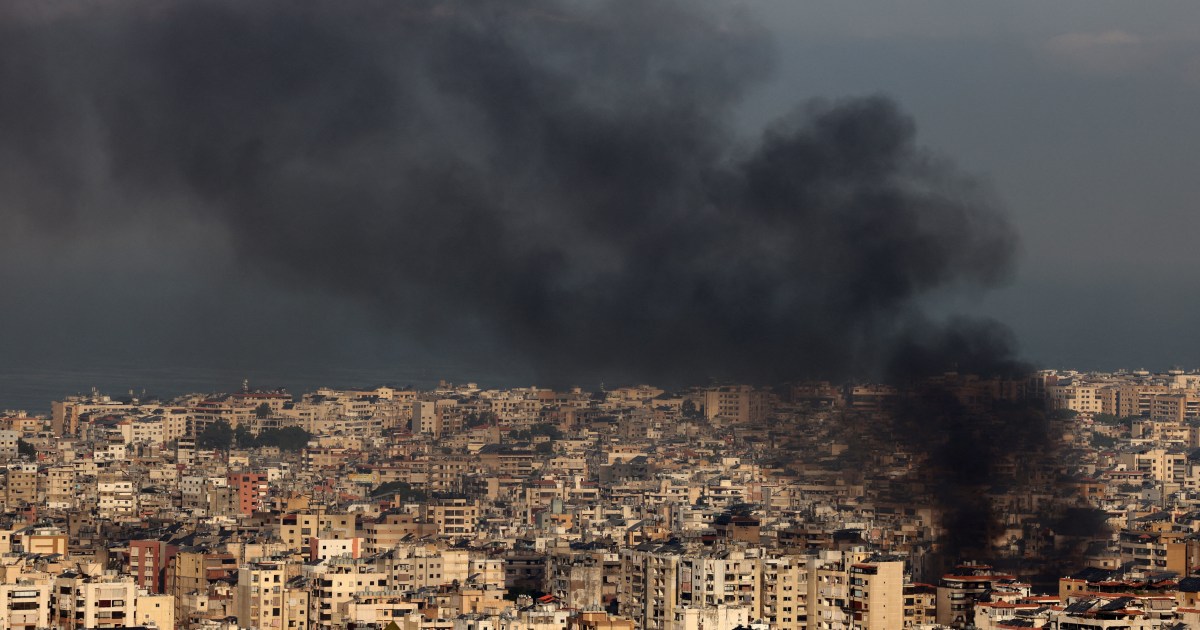Israel launches more strikes on Beirut amid ongoing border clashes with Hezbollah
At one of World Central’s Kitchen’s distribution points in central Beirut, the pace was fast because Lebanon’s crisis is quickly growing worse.
“We were preparing for the escalation, but we were not expecting this fast everywhere,” said Aline Kamakian, a “Chef Corps” member for the group’s operations in Lebanon and the owner of Mayrig, one of Beirut’s most celebrated restaurants. “We were expecting for the escalation to have around 800 [thousand] people. But today we are at 1.2 or 1.3 [million] internally displaced people.”
Despite a year-long low-level fight between Hezbollah and Israel, the sudden speed with which Israel turned its guns from the Gaza Strip to its northern border with Lebanon last month appears to have caught the international community by surprise. The World Food Programme, the International Office for Migration, and UNICEF are among several international aid organizations that have launched emergency appeals over the past few weeks.
Yesterday, the U.S. Department of State announced that it will give nearly $157 million in new humanitarian assistance to support Lebanon’s legions of displaced.
Kamakian and her team of volunteers were spending their Saturday morning quickly ladling bulgar and rice with shredded chicken into tin foil food containers — a “Lebanese classic” that Kamakian called comfort food as she swiped a taste from the rice pot.
Today’s task: 3,000 hot meals — a drop in the bucket among the 50,000 meals WCK prepares each day in some 18 kitchens like this one across Lebanon.
The challenge isn’t just the immense size of the displacement crisis, but the speed and scale at which it worsened and the precarious political background in which Lebanon has been mired for years.
“Imagine the situation is really getting harder and harder,” she said as she pressed “World Central Kitchen” labels on to each container before they were stacked into cardboard boxes and hurried out the door. “And above that every night we don’t sleep. We’re bombarded everywhere. So some of our employees cannot make it. Some of the distributors of food, we cannot make it.”
World Central Kitchen began its work in Lebanon in 2020, when an enormous explosion at Beirut’s port killed hundreds of people and levelled parts of the city’s downtown. Kamakian’s Armenian restaurant in the tony Gemmayze neighborhood was among the victims: several of her staff were badly injured and Kamakian herself lost hearing in one ear.
Then as now, Kamakian jumped into action to help feed hundreds of thousands of displaced people.
And then, as now, Lebanon’s fractured government was largely absent. But entrepreneurs like Kamakian are used to filling the void.
“Everything you’re seeing is on individuals, the private sector and NGOs,” she said. Lebanese people “are doers. They love Lebanon.”


